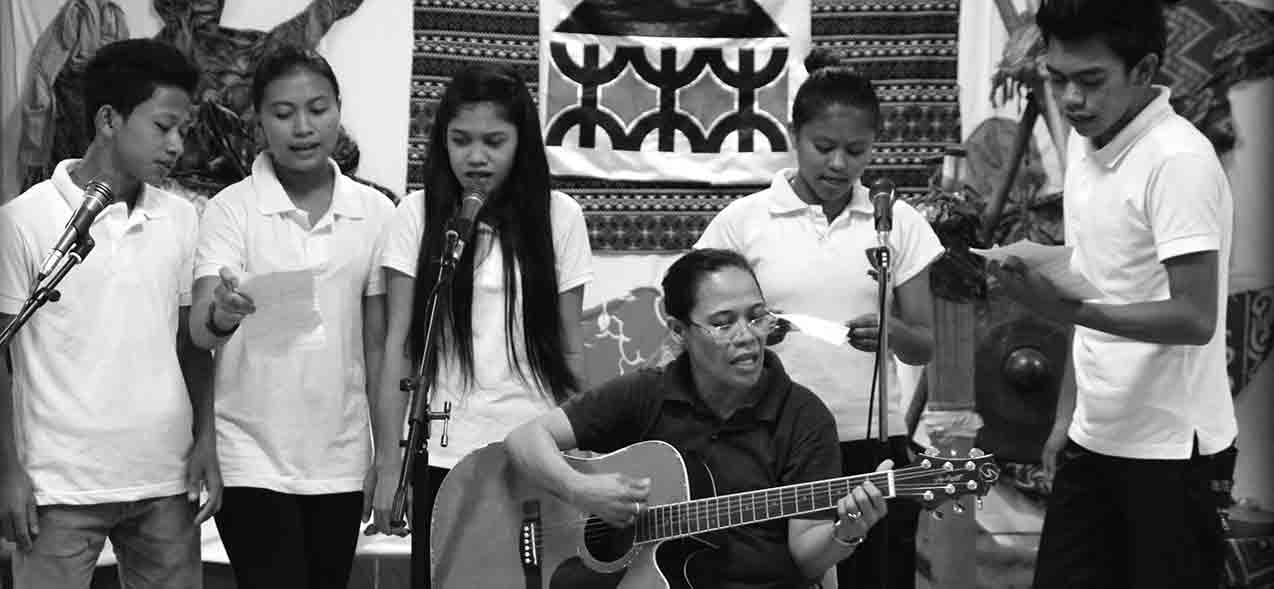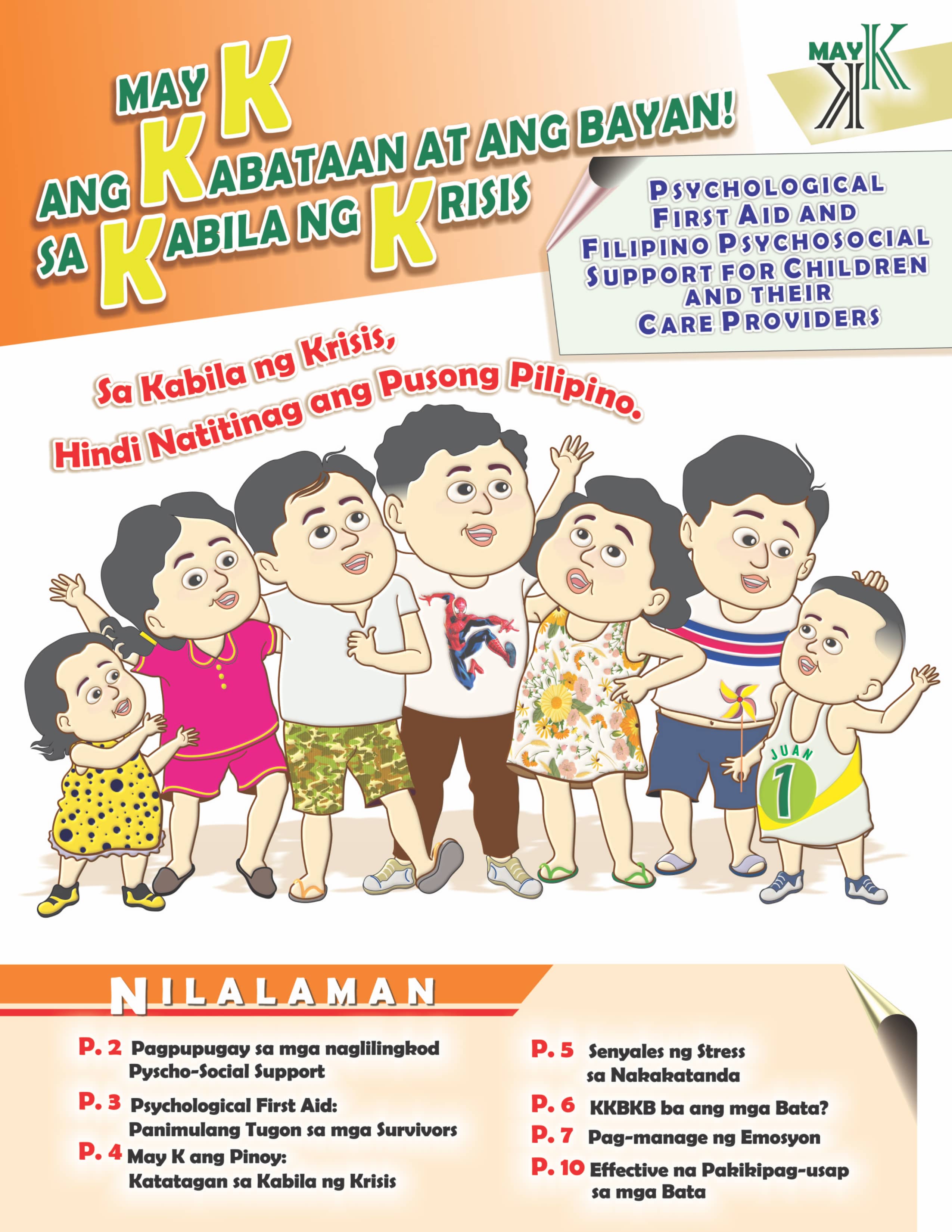Balay has joined other organizations in urging the Commission on Human Rights (CHR) and other government agencies to take urgent steps to protect residents, especially in poor urban neighbourhoods, from vigilante-style executions following the resumption of the government violent campaign against illegal drugs and criminality.
Kaloy Anasarias, program coordinator of Balay, made this call during a forum organized by the CHR last March 27 to draw attention on the widows and the orphans of those who have been killed in the government’s so called war-on-drugs.
Anasarias also said that legal and psychosocial assistance have to be provided to the widows and the orphans of those who were killed in the war-on-drugs as they are also direct victims of deadly violence. He noted that among their unmet needs are assistance to bury their dead and for food and the education of the children. Grief counselling and redress are on top of their needs s well.
He also told the forum that 12 percent of the 107 deaths that Balay has monitored in a locality covered by its project for youth-at-risks are minors. It includes two students in its Alternative Learning Project who died during a gang-land style raid in a poor neighbourhood that left a total of seven persons dead in December last year.
Both young boys turned out to be among the ‘collateral damage’ in the wave of violence that has claimed more than 8,000 lives since President Duterte launched its aggressive campaign to make communities safe and secure from criminality and illegal drugs, he said.
Balay noted that behind those number are thousands of parents, wives, or children who grieved over the loss of their kin to vigilante-style executions and police operations. Survivors hardly seek out government services due to fear and distrust as they feel that they have already been prejudged as outside the ‘moral community,’ hence not worthy of support.
Among those who spoke in the forum are representatives of a faith-based coalition, members of women’s organizations, sociologists, social workers, journalists, and other community-based organizations that represent the victims and survivors. Lawyers from the public defenders office and government service providers also joined the discussion with civil society organizations. Amnesty International also provided inputs in the forum.
A media representative has noted of the increase in the number of killings since the police lifted the temporary suspension of its war-on-drugs in March. President Duterte ordered the deferment of its campaign last February at the heels of the brutal killing of a Korean businessman by members of an anti-drug task force inside their headquarters in Camp Crame. Former police chief and now Senator Panfilo Lacson also presented to the public videos showing law enforcers planting evidence to extort money from targets of their anti-drug raids.
Neither vigilante-style executions nor deaths arising from police operations were hardly reported by the media in the weeks that the war-on-drugs was suspended. Now named as “Oplan Double Barrel-Reloaded,” the police said that it has fielded police in good standing to undertake anti-drug operations to make sure that corrupt law enforcers would not take advantage of their authority to advance their personal gain.
The CHR has acknowledged that there is an absence of a gendered and child perspective on the EJKs and the war on drugs. While data of the Commission is sex and age disaggregated, a deep analysis on the impact of the war on drugs and of the killings on women and children has not been undertaken. The outputs of the forum were a documentation of the experiences and concerns of women and children in relation to the war-on-drugs as well as ideas on how to address gaps on existing interventions.
























